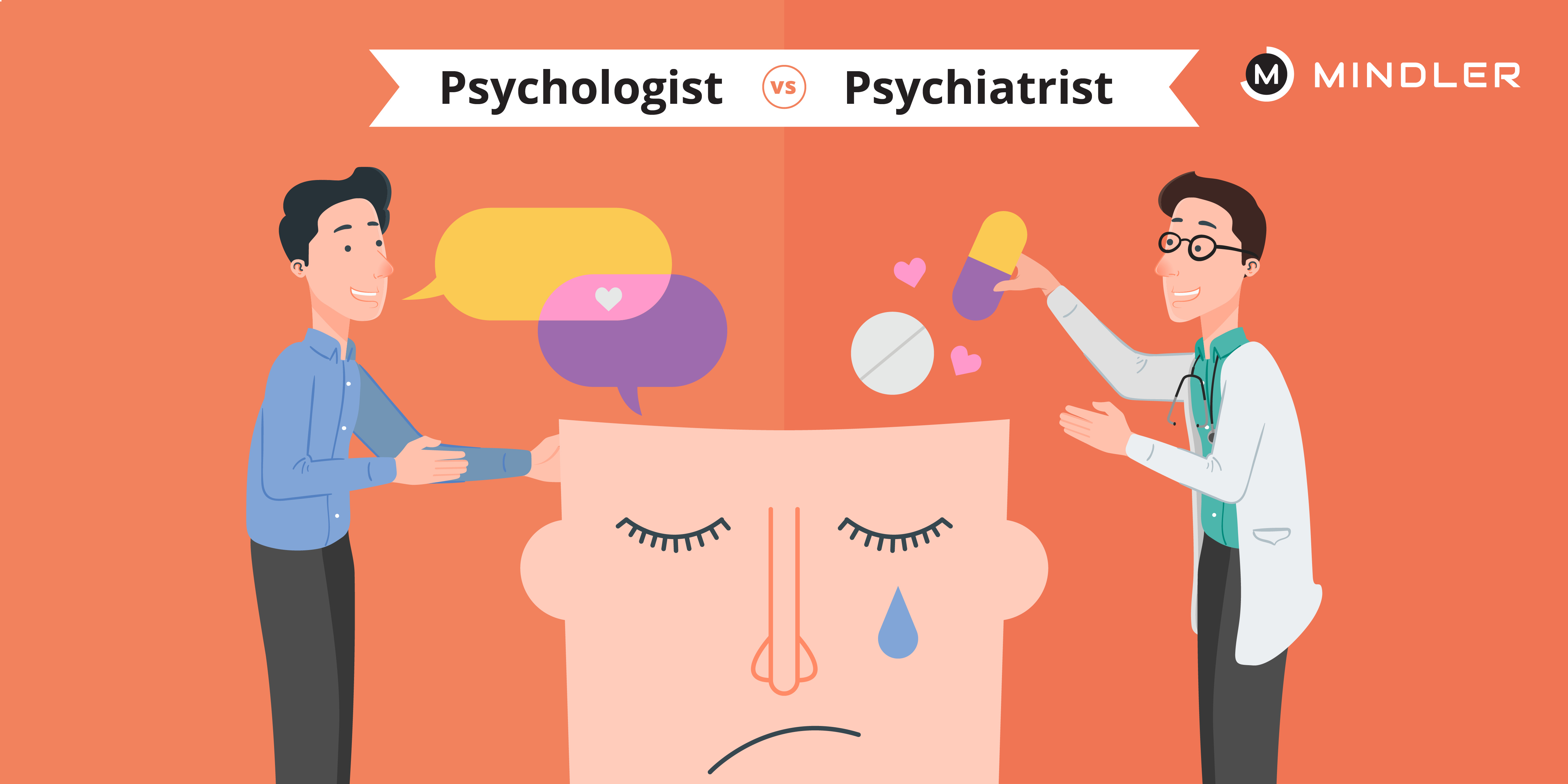Transform Your Life with Professional Guidance from Psychologist Kew Melbourne
Scientific Psychologists Vs Psychiatrists: Trick Distinctions You Ought To Know
The difference between professional psychologists and psychiatrists is critical for individuals seeking psychological health care, as each expert deals one-of-a-kind proficiency shaped by their educational histories and therapy techniques. This difference elevates essential concerns about which specialist may be best fit for different psychological wellness demands.
Educational History
Numerous individuals looking for psychological wellness services might question the distinctions in instructional histories between professional psycho therapists and psychoanalysts (clinical psychologists kew Melbourne). The differences are substantial and vital for comprehending the duties each expert plays in psychological healthcare

In comparison, psychoanalysts are medical doctors (M.D. or D.O.) who complete a four-year clinical level complied with by a residency in psychiatry, which lasts an extra four years. Their clinical training furnishes them to comprehend the biological aspects of psychological conditions, permitting them to prescribe drugs and supply a clinical point of view on treatment.
These varying instructional paths emphasize the special proficiency each professional offers the field, forming their techniques to treatment, diagnosis, and client treatment (clinical psychologists kew Melbourne). Understanding these distinctions is essential for people navigating the psychological health and wellness system

Treatment Methods
Varied therapy methods characterize the methods of clinical psychologists and psychoanalysts, mirroring their distinctive training and areas of experience. Their emphasis is on emotional and emotional analysis, intervention, and the advancement of dealing strategies to attend to numerous mental health and wellness problems.
In contrast, psychiatrists are distinctly certified to diagnose and treat psychological health disorders with a mix of psychotherapy and pharmacotherapy. Their medical training permits them to suggest medications, which can be vital for managing conditions such as schizophrenia, bipolar affective disorder, or serious clinical depression. Psychiatrists often take a more biomedical strategy, considering the organic, emotional, and social elements affecting a person's psychological wellness.

Function in Mental Healthcare
The duties of professional psycho therapists and psychoanalysts in psychological wellness care are complementary, reflecting their distinct training and competence. Scientific psycho therapists largely concentrate on the analysis, medical diagnosis, and therapy of mental problems with different therapeutic modalities, including cognitive-behavioral treatment (CBT), social treatment, and psychoeducation. Their training highlights understanding human behavior, psychological performance, and the restorative process, enabling them to provide evidence-based treatments tailored to specific needs.
On the other hand, psychoanalysts are medical doctors that concentrate on the diagnosis and treatment of psychological health and wellness conditions, typically employing a biomedical approach. They can suggest medicines to manage psychological symptoms and are educated to think about the physiological facets of mental health, such as neurobiology and pharmacology. This clinical perspective permits psychoanalysts to attend to intricate instances that may need a combination of drug administration and great site psychotherapy.
With each other, scientific psychologists and psychoanalysts create a thorough psychological healthcare structure, addressing both psychological and medical needs. Partnership in between these experts ensures that individuals receive alternative treatment, ultimately enhancing therapy outcomes and improving the quality of life for individuals experiencing psychological wellness obstacles.
Kinds Of Conditions Dealt With
While both scientific psycho therapists and psychiatrists attend to a vast array of mental health conditions, their strategies and areas of proficiency commonly determine the specific problems they deal with. Clinical psychologists mostly concentrate on the assessment and treatment of emotional, behavior, and cognitive problems via psychotherapy. They frequently collaborate with individuals experiencing anxiousness problems, depression, trauma (PTSD), obsessive-compulsive condition (OCD), and different individuality problems. Their healing strategies consist of cognitive-behavioral treatment, dialectical actions treatment, and other evidence-based modalities.
On the other hand, psychoanalysts are medical doctors who can prescribe drugs and have actually specialized training in the biological aspects of psychological health and wellness. They typically handle much more complex psychological problems that may require medicinal intervention, such as schizophrenia, bipolar affective disorder, severe depression, and material utilize disorders. Psychoanalysts might integrate drug monitoring with psychotherapy however normally concentrate on the biochemical and clinical components of mental wellness problems.
Comprehending these distinctions can assist individuals look for the suitable care tailored to their specific mental health requirements, ensuring they get the most efficient treatment for their problems.
Insurance Coverage and Cost Factors To Consider
Browsing insurance coverage and price considerations is an important aspect for individuals looking for mental wellness services from professional psychologists or psychiatrists. Both careers may approve various insurance coverage strategies, yet the degree of insurance coverage can differ substantially. Psychoanalysts, who often prescribe medicine, might have different invoicing techniques contrasted to medical psychologists, who commonly focus on psychiatric therapy.
Insurance policy reimbursement for psychiatric solutions may be more positive as a result of the clinical nature of their practice. Consequently, individuals might run into higher co-pays or deductibles when speaking with a psychiatrist. On the other hand, scientific psycho therapists may provide services billed under mental health benefits, which might lead to reduced out-of-pocket expenses, depending upon the insurer's plan.
Moreover, people should consider the frequency and duration of treatment sessions when reviewing prices. While psychoanalysts may use much see shorter, medication-focused check outs, medical psychologists typically engage in longer sessions dedicated to therapeutic strategies.
Eventually, comprehending the particular terms of one's insurance Full Article strategy, consisting of network accessibility, coverage restrictions, and pre-authorization needs, is important. Patients are urged to call their insurance coverage service provider to clarify advantages and check out options for budget-friendly mental healthcare.
Conclusion
In recap, the distinctions in between clinical psychologists and psychoanalysts are essential for notified choices concerning mental health and wellness treatment. Educational history, treatment techniques, and duties in psychological health substantially vary in between the 2 professions.
The distinction between scientific psycho therapists and psychoanalysts is essential for individuals seeking mental wellness treatment, as each specialist deals unique experience formed by their educational backgrounds and therapy methods.The roles of clinical psychologists and psychoanalysts in mental health care are corresponding, reflecting their distinct training and competence.While both scientific psycho therapists and psychoanalysts attend to a large array of psychological health and wellness conditions, their techniques and areas of know-how commonly determine the certain conditions they treat.Browsing insurance policy and price factors to consider is a critical facet for individuals seeking psychological wellness services from clinical psycho therapists or psychoanalysts.In summary, the distinctions in between professional psycho therapists and psychiatrists are crucial for notified decisions pertaining to mental health and wellness treatment.